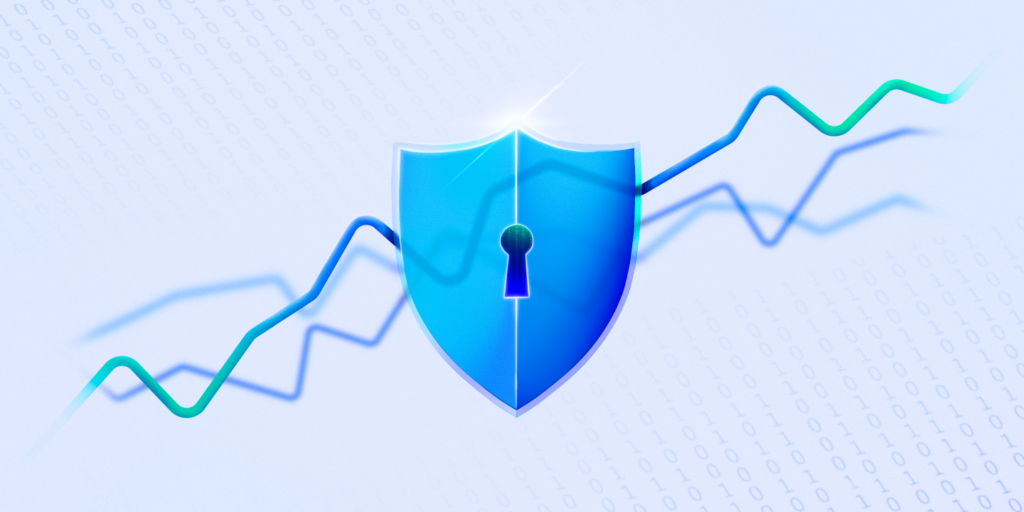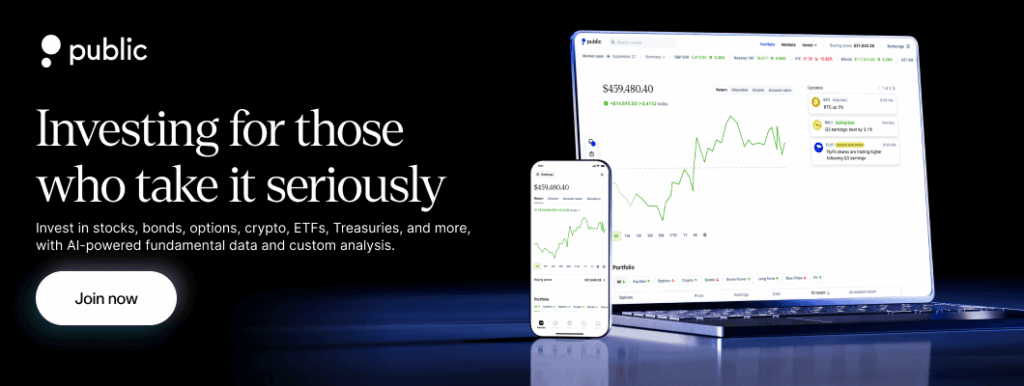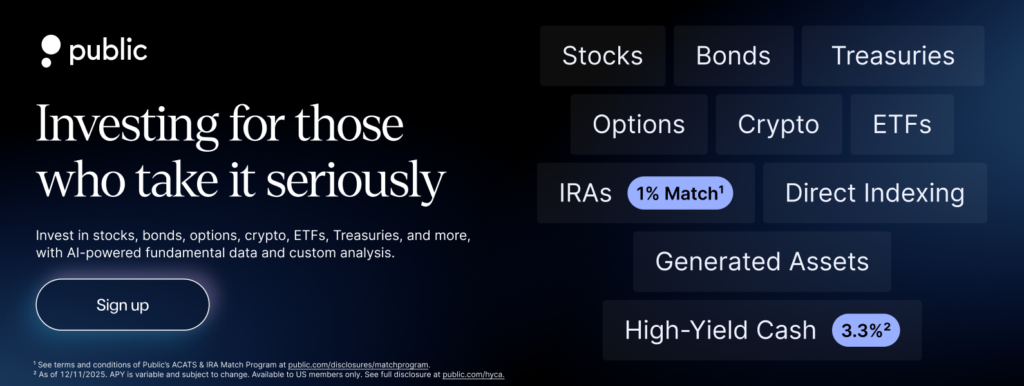Cybersecurity is no longer a niche concern—it’s a central pillar of the modern digital economy. As cyber threats escalate and organizations of all sizes prioritize digital defense, the cybersecurity sector has emerged as a resilient and dynamic area of the stock market. If you’re considering adding cybersecurity exposure to your portfolio, understanding the landscape, risks, and investment approaches may be essential.
This guide will walk you through the key considerations, trends, and tools to help you navigate investing in cybersecurity stocks.
Understanding cybersecurity industry
Before you invest in any stock, it helps to understand the industry you’re investing in. Cybersecurity companies provide products and services that protect data, networks, and devices from digital threats, such as hacking, ransomware, and data breaches. The industry includes a range of players, from large, diversified technology firms to specialized companies focused solely on security.
Key industry segments include:
- Network security: Protects the integrity and usability of the network and data.
- Endpoint security: Secures individual devices like computers and smartphones.
- Cloud security: Focuses on protecting data and applications in cloud environments.
- Identity and access management: Controls who can access what within an organization.
- Application security: Ensures software is free from vulnerabilities.
Recent trends you may see:
- The rise of artificial intelligence (AI) and machine learning in threat detection.
- Increasing adoption of zero-trust security models.
- Growing demand for cloud-native security solutions.
- Heightened regulatory requirements for data protection.
Why investors look at cybersecurity stocks
You might notice that cybersecurity stocks attract attention because of the sector’s ongoing growth and its vital place in the digital economy. Recent industry reports show that global spending on cybersecurity is on the rise, with North America, particularly the U.S., standing out as a leader in both innovation and market size.
Still, it’s worth keeping in mind that growth projections don’t guarantee outcomes, and this sector can experience volatility.
Top Cybersecurity companies based on market cap
Cybersecurity companies come in many forms, each with its own focus and business model. Here are some top publicly traded cybersecurity companies’ stock based on the market cap:
How to invest in cybersecurity stocks on Public.com
To invest in cybersecurity stocks, you can follow the simple steps below:
1. Sign up for a brokerage account on Public
You can sign up for an account on our website or download the Public app from the App Store (iOS) or Google Play Store (Android).
2. Add funds to your Public account
Once your account is set up and verified, you’ll need to deposit funds. There are multiple ways to fund your Public account—from linking a bank account to making a deposit with a debit card or wire transfer.
3. Choose how much you’d like to invest in the cybersecurity stocks
Use the search bar to find your preferred stocks. Click on the stock to view its details. This includes the current price, historical performance, and relevant news or analysis.
4. Complete the purchase
Once you’ve decided to purchase a stock, click on the “Buy” button. You’ll be prompted to enter the amount you want to invest or the number of shares you wish to invest. Complete the purchase by selecting either a Limit order or a Market order
5. Review and confirm your purchase
Review your purchase details and total cost, then confirm your order. You’ll receive a confirmation, and your shares will appear in your portfolio once the trade is executed.
6. Monitor your investment in one place on Public.com
After purchasing, you can monitor your investment on Public.com. You can also track your portfolio’s performance and stay updated on market news.
Potential risks and considerations when investing in cybersecurity stocks
Every investment carries risk, and cybersecurity stocks are no exception. Below are some factors you might consider when investing in cybersecurity stocks:
- Volatility: The sector may be sensitive to news about cyberattacks, regulatory changes, or shifts in technology.
- Competition: The cybersecurity market is crowded, with both established players and new entrants.
- Regulatory environment: Changes in data protection laws can impact demand for certain products or services.
- Company-specific risks: Factors such as management decisions, product failures, or security breaches may affect individual companies.
Diversification—whether through ETFs or by holding a mix of stocks—might help manage some of these risks.
Cybersecurity ETFs: A diversified approach
If you prefer a broader approach, cybersecurity ETFs might provide exposure to many companies at once. Here are a few examples based on their dividend yield:
If you’re interested in exploring cybersecurity ETFs, we at Public.com offer a straightforward way to access a range of these funds. On Public, you can find cybersecurity ETFs such as the First Trust NASDAQ Cybersecurity ETF (CIBR), Global X Cybersecurity ETF (BUG), Amplify Cybersecurity ETF (HACK), and more, each tracking a collection of companies involved in cybersecurity technology and services.
Conclusion
Cybersecurity remains a fast-moving sector, driven by the ever-increasing need for digital protection in a connected world. As you consider your investment options, staying informed, diversifying your approach, and aligning your choices with your financial goals might help you navigate this dynamic market.
Whether you choose individual stocks or ETFs, careful research and thoughtful consideration of your goals and risk tolerance are essential. Sign up on the Public app today to start building your multi-asset portfolio with the tools, data, and insights that you might need to make informed investment decisions.


